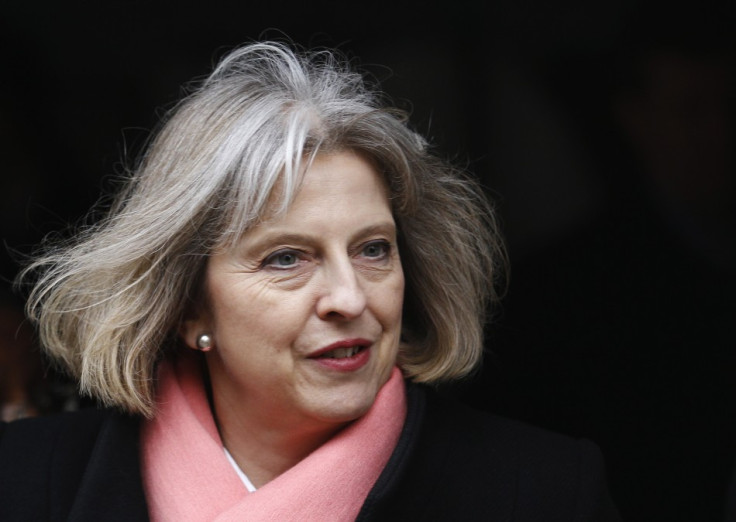Lib Dems Threaten Revolt over Email, Web and Text Snoop Plan
Senior Liberal Democrat MPs have reacted angrily to the possibility of new legislation being introduced that could allow the security services to monitor emails, phone calls, texts and website visits without the need for a warrant.
Nick Clegg has come under pressure from parliamentary colleagues to clarify what powers this new legislation would give officers at GCHQ, the government's interception agency. Concerns were expressed over the ability of GCHO officers to access email, phone calls, which websites people visit and social media communications of members of the public without the need for a warrant.
While the full details of the new legislation have yet to be unveiled by the Home Office, it has said that new legislation is on the cards as "[they] need to take action to maintain the continued availability of communications data as technology changes".
Sources in Whitehall told the Guardian that legislation may well allow GCHQ to access some information "on demand" and in "real time" but whether a warrant would be necessary or not remains unclear.
Downing Street has been trying to quell fears regarding the new laws, since the proposed legislation was announced yesterday and was at pains to point out that only data such as times, frequency of visits, numbers and addresses will be monitored, and not the actual content of the phone calls, emails, text messages etc.
Reaction to the proposed legislation, which is set to be announced in the Queen's Speech in May, was antagonistic among a variety of privacy groups, with Nick Pickles, director of the Big Brother Watch campaign group, describing the move as "an unprecedented step that will see Britain adopt the same kind of surveillance seen in China and Iran."
Julian Huppert, the Lib Dem MP for Cambridge who is a member of the Commons home affairs select committee, said: "No expert I've ever spoken to can see how this could possibly be done without great expense and without allowing access to the actual message that was sent - which is not legal without a warrant from the home secretary. I haven't seen the details of these proposals - not for want of asking - but it's clear to me that what we want is more safeguards, not more powers for the state to keep data."

The Home Secretary however, has defended the plans, saying The Sun today: "Such data has been used in every security service terrorism investigation and 95% of serious organised crime investigations over the last 10 years," May wrote. "We cannot afford to lose this vital law enforcement tool. But currently online communication by criminals can't always be tracked.
"That's why the government is proposing to help the police stay one step ahead of the criminals. There are no plans for any big government database. No one is going to be looking through ordinary people's emails or Facebook posts. Only suspected terrorists, paedophiles or serious criminals will be investigated."
Another Lib Dem MP, Mark Hunter, and a deputy chief whip, said the plans could prove difficult to reconcile with the party's beliefs. "If we are to continue to punch above our weight in government, as we have so far, then this is one issue that we will have argue out [in the party]. This was not in the coalition agreement. This is a potentially tricky one to deal with," he said.
Lib Dem leader, Nick Clegg has come out strongly defending the proposed legislation, stating that his office is totally opposed to the idea of governments reading people's emails whenever they like.
"The point is we are not doing any of that and I wouldn't allow us to do any of that. I am totally opposed to it as a Liberal Democrat and someone who believes in people's privacy and civil liberties.
"All we are doing is updating the rules which currently apply to mobile telephone calls to allow the police and security services to go after terrorists and serious criminals and updating that to apply to technology like Skype which is increasingly being used by people who want to make those calls and send those emails."
Conservative backbencher David Davis said: "What this is talking about doing is not focusing on terrorists or criminals, it's absolutely everybody's emails, phone calls, web access," Davis told the BBC. "All that's got to be recorded for two years and the government will be able to get at it with no by your leave from anybody."
Labour attempted to introduce similar legislation during the term of the last government, when it tried to create a central database of web and telephone use, but these plans were dropped following huge opposition from the Conservatives and Lib Dems.
Since 2009, internet service providers (ISPs) are already obliged to keep a record of sender, recipient, time of communication and geographical location under a EU directive, though they don't record content.
© Copyright IBTimes 2025. All rights reserved.






















